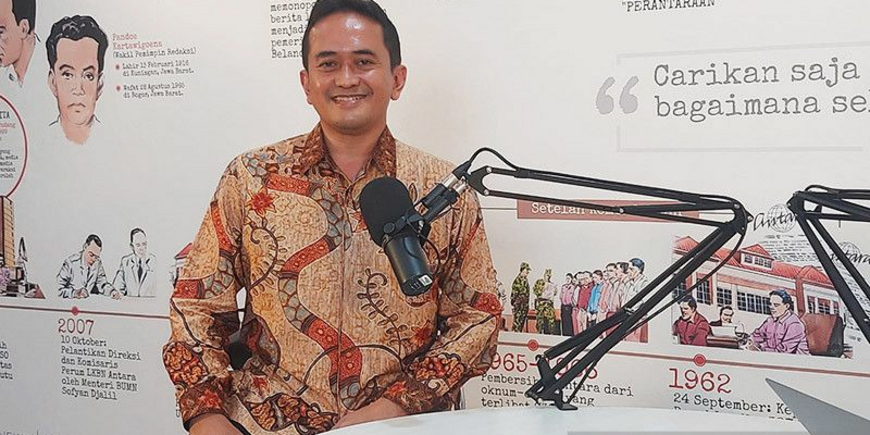Jakarta (ANTARA) - PT JakLingko Indonesia, a subsidiary of the Jakarta Provincial Government-Owned Enterprises, is in the process of preparing an integrated intermodal payment system tariff for DKI Jakarta, with plans for its imminent launch. Regarding the integrated fare, Muhamad Kamaluddin, the CEO of PT JakLingko Indonesia, made a statement in Jakarta on Friday. He mentioned that ride-hailing motorcycles are not included in the program, but but app-based public transportation on motorcycles supports JakLingko's policy. In addition to the launch of the integration tariff, Kamaluddin mentioned that PT JakLingko Indonesia is actively developing various extra functionalities to improve the JakLingko app, making it even more convenient for the public to use public transportation. Currently, Kamaluddin has revealed that payments and purchases have a twofold function, allowing users not only to secure tickets for four transportation options—TransJakarta, MRT Jakarta, LRT Jakarta, and Commuterline—but also to make reservations for integrated ride-sharing services through the JakLingko app.
Kamaluddin implies that his system operates akin to a ticket bundling method, simplifying the process of reserving transportation for individuals traveling from their residences to their desired destinations via the JakLingko app. Kamaluddin emphasizes that the online motorcycle taxi fares will not be included in the integrated fare scheme, so the application-based motorcycle taxi fares will still be determined by each provider.
"For online taxi-bike, the fares will fluctuate in accordance with the service provider's policies. Meanwhile, for the JakLingko app, public transportation fares will be charged according to the current rates. Unless an integrated fare system is introduced, in which case using more than one mode of transportation will incur a maximum charge of Rp10,000," said the man known as Kamal.
With the launch date getting closer, JakLingko Indonesia is in the process of incorporating Electronic Money Cards (KUE) from different banks, allowing users to seamlessly switch between various modes of public transportation.
"Currently, we are in collaboration with banking institutions to reformat and enhance the existing old cards (issuers) that are currently in use, converting them into Transportation Cards similar to the JakLingko card. This implies that current cardholders won't have to buy new cards; they will simply need to tap once on a specialized JakLingko machine to modify the card format. This facilitates a smooth integration for transferring between various modes of transportation," explained Kamaluddin.









